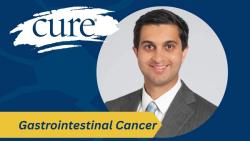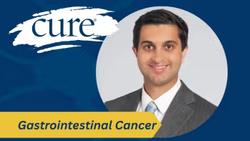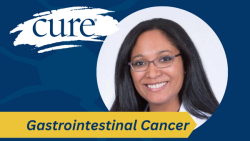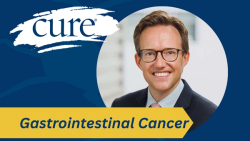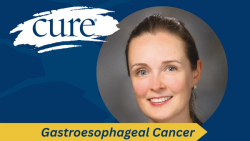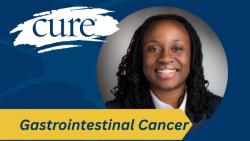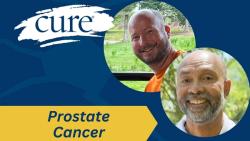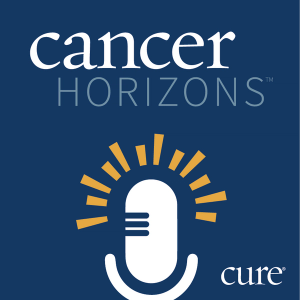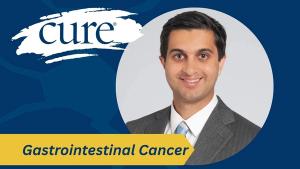Solid Cancer Approvals from Summer 2023
Here’s a look back at the therapies for solid cancers that gained FDA approval this summer.
This summer was a busy time in the oncology space, with multiple therapies gaining Food and Drug Administration (FDA) approval. To gain approval, the therapy must show that it is safe and effective in its intended use and can be manufactured to federal quality standards, according to the FDA’s website.
Here’s a look back at FDA approvals in the solid cancer space that happened over the last few months.
Hepzato kit for metastatic uveal melanoma
On Aug. 15, the FDA approved the Hepzato Kit, which is a way to deliver melphalan directly to the liver for patients with metastatic uveal melanoma that has spread. Uveal melanoma is a rare form of cancer that originates in the eye and the disease commonly metastasizes to the liver, which can drastically impact patient survival.
The approval was based on the phase 3 FOCIS study, which showed that nearly three-fourths (73.6%) of patients experienced disease control with the Hepzato kit. Additionally, 28.6% and 7.7%, respectively, saw their tumors shrink or completely disappear with the new therapy.
Akeega plus prednisone for BRCA-positive prostate cancer
Akeega (niraparib and abiraterone acetate) was approved in combination with prednisone, a steroid, to treat deleterious or suspected deleterious BRCA-positive metastatic castration-resistant prostate cancer. Akeega combines two commonly used drugs — Zejula (niraparib) and Zytiga (abiaterone acetate) — into one pill for this patient population.
The phase 3 MAGNITUDE trial, on which the approval was based, showed that Akeega plus prednisone reduced the risk of radiographic progression-free survival by 47%.
Lonsurf plus Avastin for metastatic colorectal cancer
The drug duo of Lonsurf (trifluridine and tipiracil) plus Avastin (bevacizumab) gained FDA approval on Aug. 2 for the treatment of patients with metastatic colorectal cancer who have been previously treated with certain therapies.
The FDA based its decision on findings from the phase 3 SUNLIGHT trial, which compared Lonsurf plus Avastin with single-agent Lonsurf in this patient population. Findings demonstrated that the average progression-free survival (time from treatment until death or disease worsening) was 5.6 months for the combination and 2.4 months for the Lonsurf-only group.
Jemperli plus chemotherapy for dMMR or MSI-H endometrial cancer
In July, the FDA approved a Jemperli (dostarlimab)-based regimen for patients with primary advanced or recurrent mismatch repair deficient (dMMR) or microsatellite instability-high (MSI-H) endometrial cancer. More specifically, the regimen is Jemperli plus carboplatin and paclitaxel, followed by Jemperli alone.
According to Dr. Eloise Chapman-Davis from Weill Cornell Medicine, this approval “changed the game” for patients with the disease. The approval is based on findings from a phase 3 trial, which showed that the Jemperli protocol reduced the risk of disease progression or death by 71%.
Talzenna plus Xtandi for HRR-mutant metastatic prostate cancer
August’s Akeega approval was not the only movement in the prostate cancer space this summer. Back in June, the FDA approved Talzenna (talazoparib) plus Xtandi (enzalutamide) for the treatment of patients with HRR-mutant metastatic castration-resistant prostate cancer.
Findings from the TALAPRO-2 trial supported the FDA’s decision. At the time the study data was collected, most patients in the Talzenna-Xtandi group were still alive and without disease progression, so an average progression-free survival could not be calculated. Meanwhile, it was 13.8 months for patients who received Xtandi plus a placebo.
For more news on cancer updates, research and education, don’t forget to subscribe to CURE®’s newsletters here.
Related Content
 Key GI Cancer Advances from the 2026 ASCO Symposium
Key GI Cancer Advances from the 2026 ASCO SymposiumJanuary 30th 2026
View additional resources on CureToday.com


